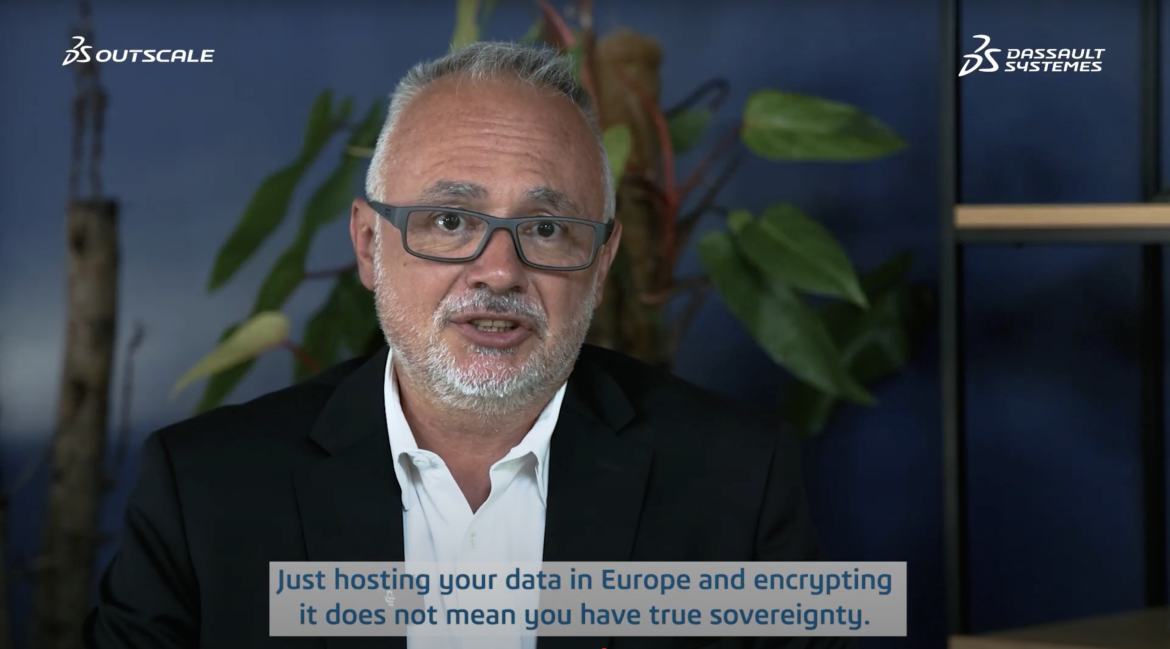Many Cloud providers put forward an attractive promise regarding European sovereignty, but one that is often misleading: “Our servers are hosted in Europe and we use encryption.”
While these measures undeniably provide security guarantees, they remain insufficient to ensure true digital sovereignty. As David Chassan points out, one essential element is too often overlooked in this debate: the legal framework to which the provider itself is subject.
The most widespread misconception is believing that if your data is physically stored on European soil and encrypted, it is automatically safe from foreign interference. This is false. The real weakness lies in the Cloud provider’s legal jurisdiction.
“Hosting your data in Europe and encrypting it does not mean you truly have sovereignty,” stresses David Chassan. “If your provider remains subject to the law of another country, it may be compelled to hand over your data to a foreign government, even if encrypted.”
Digital sovereignty: a legal challenge beyond data localization and encryption
Extraterritorial laws: Legislation such as the U.S. CLOUD Act (Clarifying Lawful Overseas Use of Data Act) obliges American companies – and their foreign subsidiaries – to provide data to U.S. authorities, regardless of where it is stored. Thus, a European subsidiary of an American group could legally be ordered to deliver encrypted data hosted in Paris or Berlin.
The weight of jurisdiction: A truly sovereign provider must fall exclusively under European law. This legal independence ensures that any request for data access goes through European legal procedures, not the direct injunction of a foreign government.
Encryption, a tool but not a guarantee: Encryption is essential to protect data, whether at rest or in transit. But it is not an absolute shield against legal coercion. A provider subject to foreign legislation may be required to hand over both the encrypted data and the encryption keys, thereby nullifying any protection.
“That is why legal jurisdiction and provider control matter more than server location or the robustness of encryption,” concludes David Chassan.
The true realization for many is that digital sovereignty is not just a technical issue: it is above all a legal one.

